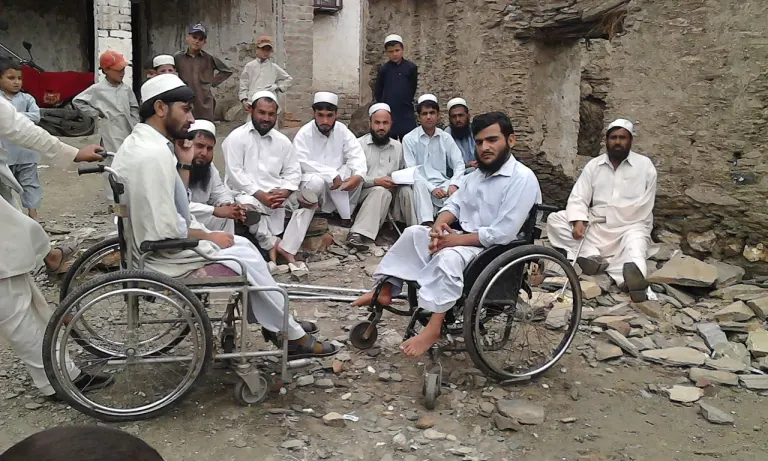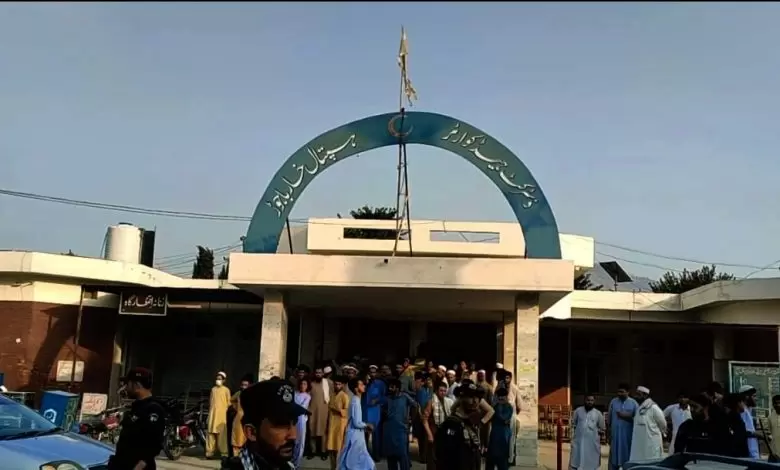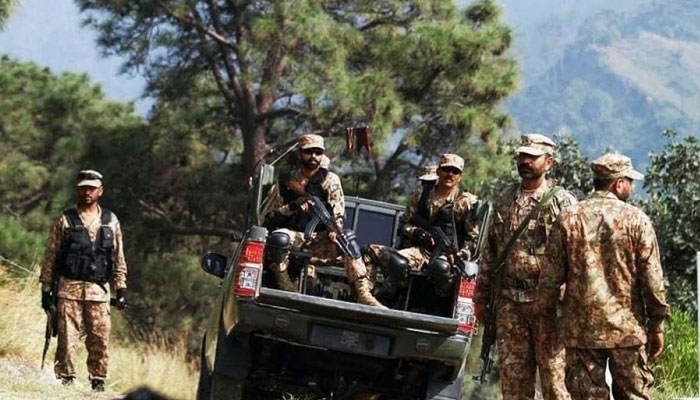
Nisar Bettani
Mohammad Sajid Ali, an 18-year-old from Dera Ismail Khan, was born with a disability in one foot. He has raised concerns regarding the recent federal and provincial budgets, highlighting the neglect of special persons in these budgetary allocations.
While the Disability Allowance has been increased to 100% for government-employed individuals with disabilities, Sajid questions how ordinary special persons can benefit when only a small percentage of them are employed by the government across the country, including Khyber Pakhtunkhwa.
Sajid emphasizes that most special persons cannot find employment in private companies, factories, shops, or offices due to the lack of facilities and opportunities.
Also Read: Taliban Orders Closure of Beauty Salons in Afghanistan
He points out that millions of special persons in Khyber Pakhtunkhwa face various physical weaknesses, impeding their progress and ability to compete in life's challenges. These individuals require support in every aspect of life and field, as they cannot independently fulfill official duties.
Sajid raises important questions about the exclusion of special persons from the recent federal and provincial budgets. He questions why there is no package or relief specifically tailored for disabled people and expresses concern about the additional challenges faced by disabled women who often struggle to leave their homes and access necessary facilities.
While the United Nations estimates the disabled population in Dera Ismail Khan to be around 2 percent, local social worker Dilawar Khan suggests that the actual number ranges from 10 to 15 percent. Various disabilities, such as congenital conditions, accidents, childhood ailments, dehydration, calcium deficiency, osteoporosis, paralysis, and polio, contribute to the disabled population in the region.
Dilawar Khan highlights the lack of accurate data registration at the national and international levels for special persons in Dera Ismail Khan due to inadequate resources and the government's lack of interest. He criticizes the Khyber Pakhtunkhwa government for its minimal efforts and counting facilities available for disabled people, considering the situation worse than in other provinces.
Amjad Parvez, Chairman of Social Welfare, acknowledges the discrepancy in the percentage of special persons in Dera Ismail Khan. He states that 6,972 disabled persons are currently registered in the Social Welfare Department, but many others remain unregistered either by choice or lack of awareness about the process. While local NGOs are working for the welfare of disabled people, no funds have been released for them since 2017.
According to Dilawar Khan, the government data significantly underestimates the number of disabled people in Khyber Pakhtunkhwa. He criticizes the lack of special initiatives for the welfare of this marginalized segment of society, noting that hollow announcements have not translated into substantial actions.
Dilawar Khan emphasizes the need for effective legislation in the National and Provincial Assemblies to protect the rights of disabled persons and lift them out of poverty and deprivation. This section of society, unable to protest effectively, deserves concrete measures and genuine attention for their well-being and rights.
1.jpeg)
09 Jul, 2025






1.jpeg)
09 Jul, 2025